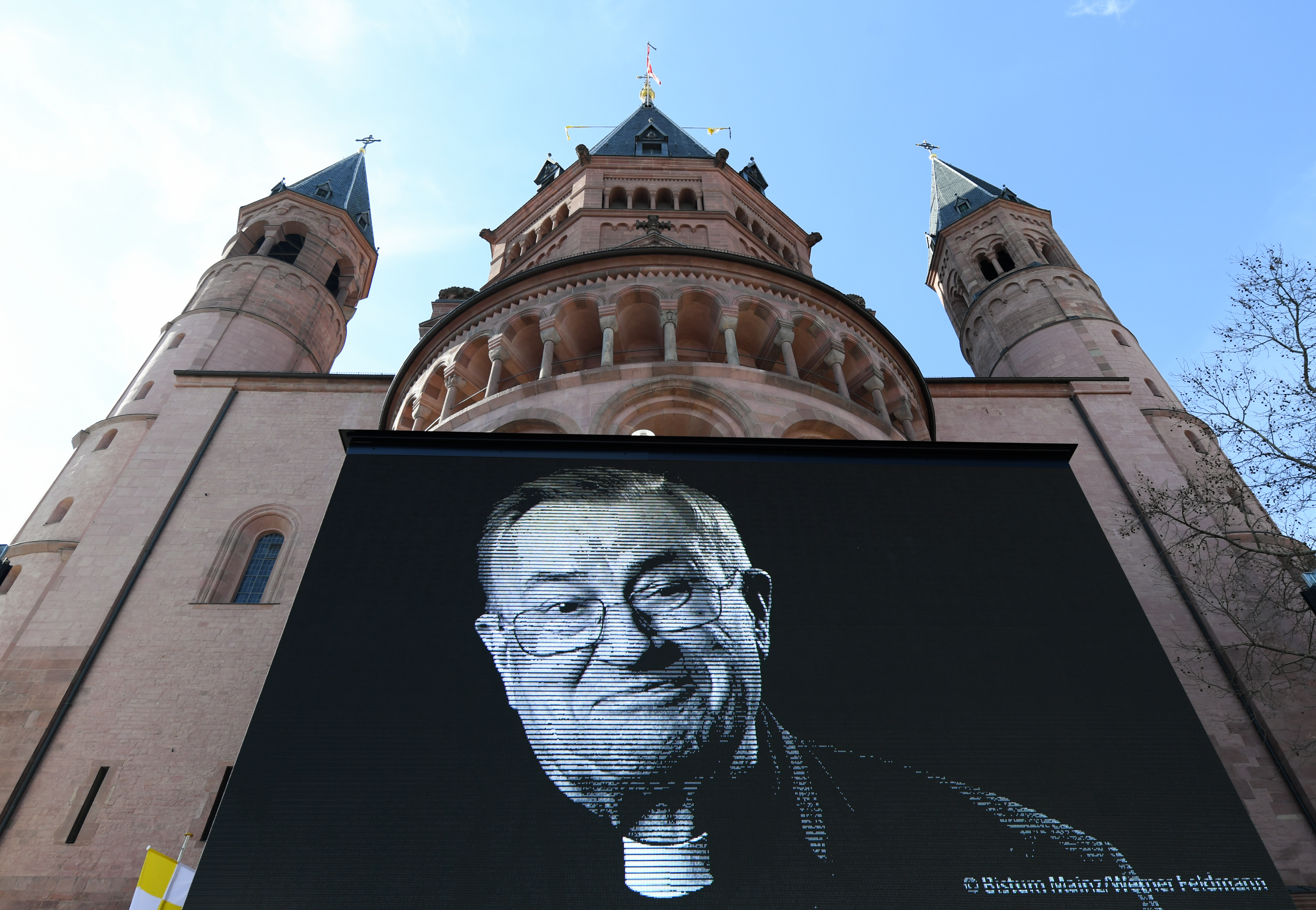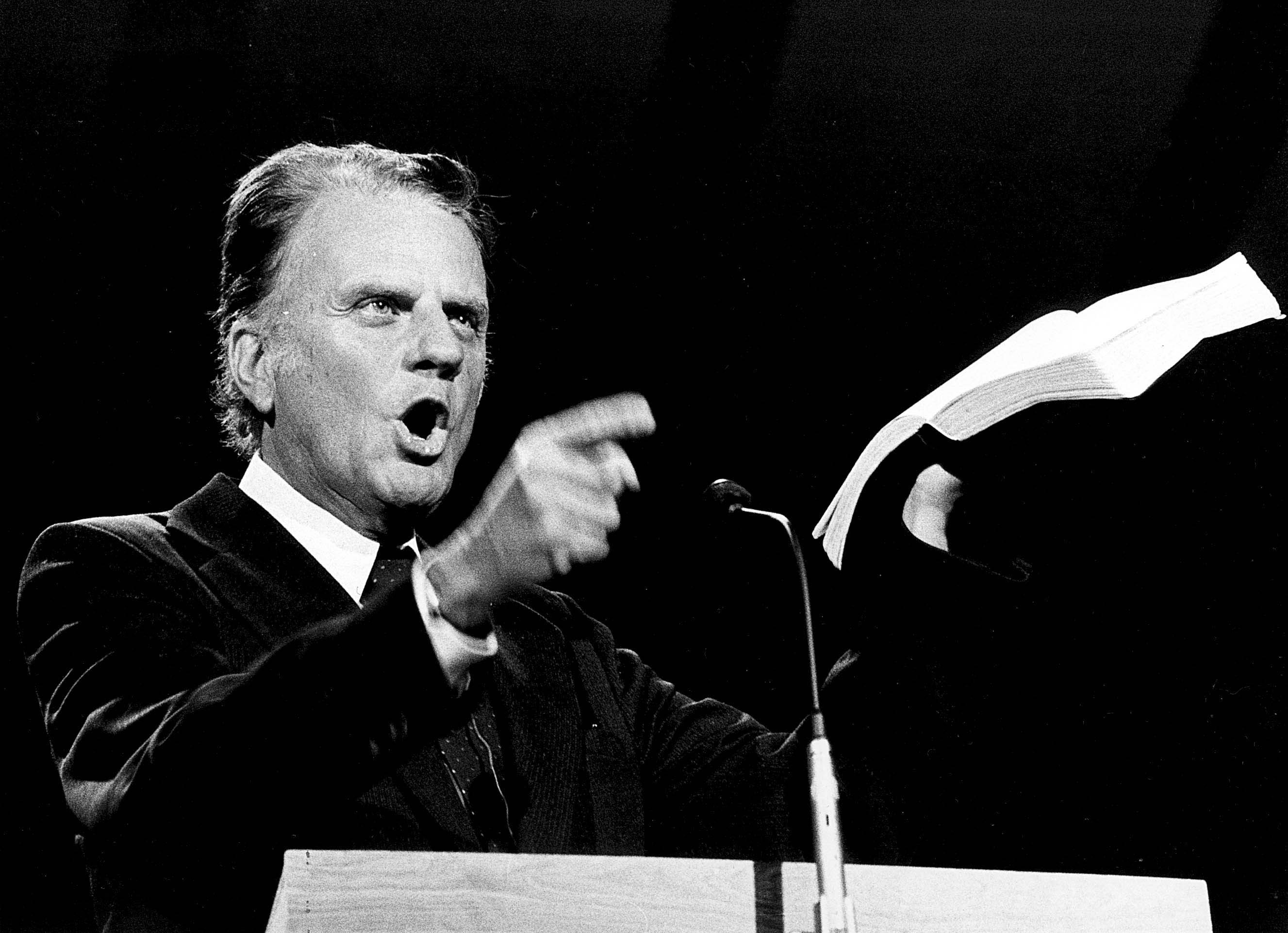
KARL LEHMANN, the face and voice of Catholicism in Germany for over 35 years, represented a Catholic Church that remained in dialogue
with the world – with society, with politics, with culture and academia, and with its Protestant sister churches. Under his leadership Catholicism in Germany, instead of withdrawing into itself, licking its wounds and bemoaning its loss of power, was at home among the people.
Lehmann was born at Sigmaringen, in the Danube Valley, in the south-western German state of Baden-Württemberg. His parents saved every penny so that he could go to high school. He studied at the seminary in Freiburg and at the Pontifical Gregorian University in Rome, where he was ordained in 1963 by Cardinal Julius Döpfner of Munich. He served as an assistant to Karl Rahner SJ during the Second Vatican Council (1962-1965).
In 1968, aged 32, Lehmann became professor of dogmatic theology at the University of Mainz. He was appointed Bishop of Mainz in 1983 at the age of 47, the youngest bishop ever appointed in Germany. He served as bishop for 33 years until he retired in 2016. When, in 1987, he was elected president of the German bishops’ conference at the age of 51, Germany’s youngest bishop at the time became president of the world’s oldest bishops’ conference (the German bishops’ conference was founded in 1848).
Lehmann remained president for 21 years and it is said that his long presidency persuaded Rome to change the rules. Under what is unofficially known as the “Lex Lehmann”, conference presidents are now only allowed to be reelected once.
THE FIRST THING that Pope John Paul II asked Lehmann to do when he became the conference president was to rescind the Königstein Declaration, which the German bishops had published in 1968 in response to Pope Paul VI’s encyclical, Humanae Vitae. In it, the bishops had declared that Humanae Vitae was not infallible and emphasised the significance of the sincerely informed conscience in the matter of birth control. “Holy Father”, Lehmann replied, “Please don’t ask me to do what in the last 20 years you and your predecessors did not ask of my predecessors.” The episode illustrated not only Lehmann’s presence of mind but also his diplomatic skills.
Lehmann’s toughest conflict with Rome – and, without doubt, his greatest setback – was over abortion counselling. In 1999, Pope John Paul II ordered German bishops to close church abortion counselling centres, as some women who had received counselling under their auspices went on to end their pregnancies. According to the Pope, this made the Church complicit in the abortion process. For Lehmann and the majority of German bishops, however, church counselling meant the saving of hundreds of unborn lives which would otherwise be lost. The struggle between the German Church and Rome continued for several months; in the end, the German bishops had to give in.
Last week, in the German weekly Die Zeit, Johanna Rahner, who teaches dogmatics at Tübingen University, was quoted as saying that Lehmann’s position on the issue had taught her what freedom of conscience truly meant. “The Vatican had forced the Church to stop abortion counselling. Everyone knew that this was against Lehmann’s wish. Nevertheless, as president of the bishops’ conference, it fell to him to announce that the [German] Church was withdrawing [from counselling].
At the press conference, however, Lehmann deviated from his prepared manuscript and spoke of a woman’s decision of conscience, which no power in the world – not even the Church – could replace and which must, therefore, be accepted. He spoke as someone who was fully aware of how deep this conflict of conscience was, especially for women. He interpreted the Church’s teaching as a seelsorger (a ‘carer of souls’ – the German word for priest) and not in a narrow, doctrinal sense.”
Lehmann anticipated and tried to push for several of the reforms that Pope Francis has since carried out – for instance, that remarried divorcees should in individual cases be allowed to receive the Eucharist, and that local bishops’ conferences should have more say on certain issues – although he knew this would bring him into conflict with Rome. He bore the disappointment and humiliation he often had to suffer at Rome’s hands as a result with the patience of someone who is convinced that his arguments are right.
As early as 1993, for example, Lehmann, together with the then Bishop of RottenburgStuttgart, Walter Kasper, and the then Archbishop of Freiburg, Oskar Saier, published a pastoral letter in which they stated that dialogue was needed to determine whether the general rule prohibiting remarried divorcees from receiving the Eucharist applied in every individual case. More flexibility was called for, they said.
They were called immediately to Rome by the then prefect of the Congregation for the Doctrine of the Faith (CDF), Cardinal Joseph Ratzinger, and the following year the CDF issued a letter reaffirming the ban on reception of the Eucharist by those divorced and remarried.
LEHMANN BELATEDLY and somewhat dramatically got his red hat at the first consistory of the new millenium. He was so astounded when the nuncio’s phone call came through, telling him to prepare himself for the appointment, that he asked the nuncio: “Are you joking?” It is said that the German government put pressure on the Vatican to make Lehmann a cardinal; it remains one of John Paul II’s most unexpected decisions. It is no wonder, therefore, that Lehmann, who had fought for a more open Church with, in his own words, “holy impatience”, warmly welcomed the election of Pope Francis.
As one message in his book of condolences said: “He will be remembered as one who had every right to say, ‘I have fought the good fight to the end; I have run the race to the finish; I have kept the faith’ (2 Timothy 4:7).”
Karl Lehmann, theologian, priest, German Church leader, born 16 May 1936, Sigmaringen, Baden-Württemberg; died 11 March 2018, Mainz, Rhineland-Palatinate.
Christa Pongratz-Lippitt reports from Vienna for The Tablet.


 Loading ...
Loading ...
What do you think?
You can post as a subscriber user ...
User comments (0)